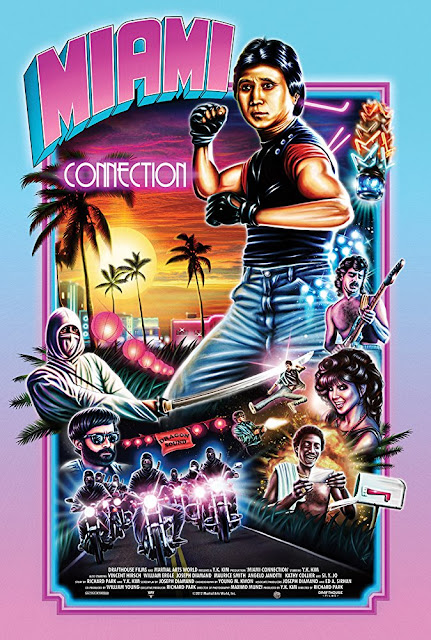Eternal Sunshine Of The Spotless Mind (2004) ****

When it was first released I likely would have given Eternal Sunshine Of The Spotless Mind (2004) a perfect score. For some reason I want to believe that I've seen the film many times, but I think it's only been four or five viewings. I know I saw it in the theater, on DVD (probably at least twice) because I owned it, and then I have two logged watches—on Blu-ray (which I also previously owned) and now on 4K UHD. It feels like so many more. I guess my fragmented and unreliable memory is appropriate, given the nature of this existential sci-fi rom-com, but I also think it's down to the film being an indelible work of art. The last time I watched ES was 10 years ago and already then the cracks had begun to show, much like the ice of the frozen lake in a pivotal scene (and immortalized on the theatrical poster). But in a way that doesn't hurt the film because the characters are messy, confused, complex—basically, human beings. The performances hold up, Charlie Kaufman ...











